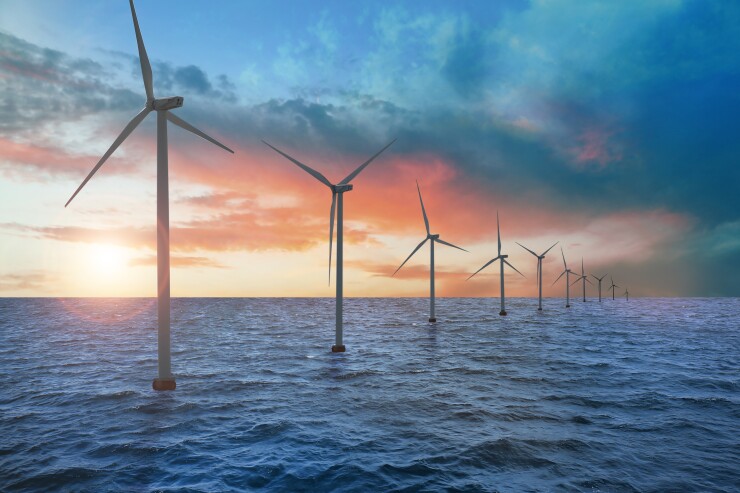An investing strategy that once was the preserve of active management has spawned an $11 billion passive behemoth that's now outperforming 96% of its peers.
The Handelsbanken Global Index Criteria fund has emerged as the world's biggest so-called Article 9 product, which means it targets the European Union's toughest ESG disclosure category. The fund, which tracks the Solactive ISS ESG Screened Paris Aligned Global Markets index, is up more than 17% this year. It's also trounced actively managed competitors in drawing new client money.
The fund's success is the latest indication that passive strategies are transforming environmental, social and governance investing norms. From the get-go, ESG was intended to favor the active selection and de-selection of assets, a strategy that helped propel firms like Parnassus Investments to become industry leaders. Parnassus is now among active managers that have suffered consecutive quarters of outflows, Morningstar data shows.
Active strategies, while still dominant in ESG investing, are fast giving way to cheaper, index-tracking products. In the market for Article 9 funds, almost 15% of client assets are now passively managed; that's up from 5% at the end of 2022, as active managers "bleed money," according to Morningstar.
READ MORE:
A fund registered as Article 9, a market that Bloomberg Intelligence estimates is worth about $380 billion, needs to commit to making ESG an outright "objective." The Handelsbanken fund, for example, targets 90% sustainable investments.
Stefan Hagman, who manages the fund at Stockholm-based Svenska Handelsbanken AB, says it's "won some large new mandates during the last 12 months."
"We have some big institutions that manage money for their investors, and the feedback that we get is that they appreciate the goal that these funds have and the transparency," he said.
Passive funds are gaining ground in large part because they're cost effective, said Adeline Diab, director of ESG research at Bloomberg Intelligence. Passively managed Article 9 funds such as the one offered by Handelsbanken have the necessary green credentials and "competitive fees," she said.
What's more, it's a trend that "may accelerate" as Europe's ESG investing framework — the Sustainable Finance Disclosure Regulation — is overhauled, Diab said. That process is likely to "effectively strengthen funds' claims and comparability," she said.
The EU, by far the largest market for ESG investing, launched Paris-aligned and climate-transition benchmarks to coincide with the enforcement of SFDR in early 2021. The goal back then was to regulate the vast array of indexes making climate claims.
As of December, Paris-aligned and climate-transition indexes that comply with EU requirements had about $155 billion of client assets tracking them, the latest Morningstar figures show. Back in 2021, the European Securities and Markets Authority had put that figure at just $1.2 billion.
To comply with EU regulations for Paris-aligned products, index providers like Solactive must create a benchmark whose carbon intensity is half that of the parent index. For climate-transition benchmarks, the footprint must be 30% lower. Index providers also need to ensure their products represent all sectors of the economy, and show an annual 7% reduction in greenhouse gas emissions at the portfolio level.
READ MORE:
To be sure, the Handelsbanken Article 9 fund might be mistaken for a tech product. Its top holdings are Microsoft, Apple, Nvidia, Alphabet and Meta Platforms; just over 11% of its allocations are in semiconductor companies, roughly 8% are in software with another 8% in internet companies, according to data compiled by Bloomberg. The rest is split across pharmaceuticals, banks and computer companies, the data show.
What "clients appreciate is that everything is built into the benchmark methodology, which makes it very transparent to know what to expect," Hagman said. Handelsbanken "could have chosen some ESG leader benchmark," but that would mean missing out on "a number of constituents," he said. An exclusion-only strategy "would push the problem to someone else" and "if one believes what the scientists say, we're in a hurry."
Before the EU launched its climate benchmarks, virtually anything could be labeled Paris-aligned, according to index providers and users at the time. Following the success of the Paris-aligned and climate-transition products, the EU is now looking into further launches. The next benchmark will likely reflect the extent to which companies devote capital expenditures to their green activities.






